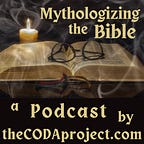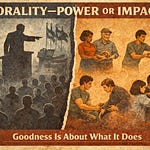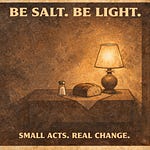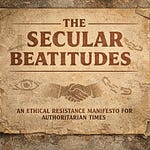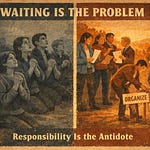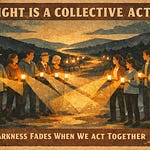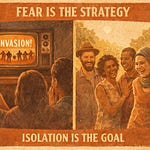Welcome to another Bonus Edition of the MTB podcast—a segment of the weekly episode that I call Afterthoughts! This is one of my favorite parts of these weekly presentations because it gives us a chance to dig a little deeper, connect the dots, and really challenge ourselves to think critically about what we discussed during the main episode.
In today’s main episode, we spent a lot of time discussing how religious texts—while often used as moral authorities—are vague, mysterious, and full of contradictions. And that brings up a big, unavoidable question: If we don’t rely on religious doctrine, how do we determine what’s good?
If you grew up in a religious environment, you probably heard some version of “Without God, how can anyone be moral?” Maybe you’ve even had someone ask you this point-blank, with a look of deep concern, as if rejecting religious dogma means you’re about to start looting convenience stores. But that’s simply not how morality works.
The truth is, morality doesn’t have to come from religion. In fact, most of the values that people hold dear—kindness, fairness, justice, honesty—existed long before organized religions wrote them down. These principles weren’t divinely dictated; they were figured out through human experience, trial and error, and basic logic.
And that’s what we’re diving into today. If we’re not looking to supernatural commandments, how do we build an ethical framework that actually works in the real world? What makes a value good? And how can we use reason and evidence to figure it out?
By the end of this conversation, I hope you’ll have a clearer understanding of how to shape your own values with confidence—without needing to reference ancient religious texts or supernatural beliefs. But this isn’t just a philosophical exercise. This is about building a values system that actually makes a difference, that helps us make better choices, and that improves the world we live in. Because if we can’t point to a divine rulebook, we need to be even more intentional about the way we live our lives.

